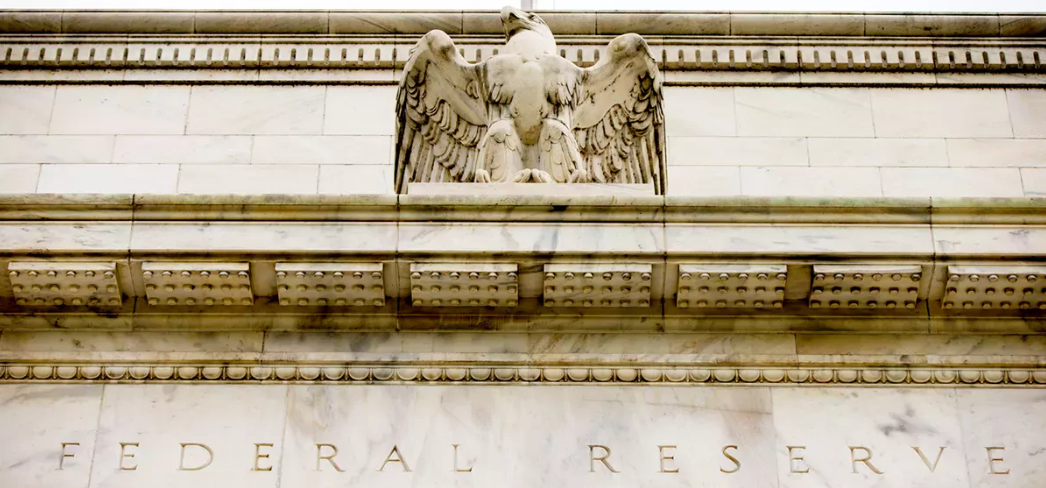
François Christen
Chief Economist
La vigueur du marché du travail américain apporte de la crédibilité à la posture austère de Jerome Powell.
Original article published in French on agefi.com

Western markets are showing stationary yields at the end of a week without much relief. In the US, year-on-year inflation continued to fall in April to 4.9% (from 5.0% in March). However, “core” inflation, excluding energy and food, remains a problem (0.4% monthly, 5.5% year-over-year) due to the persistent increase in shelter prices. These figures should support the Federal Reserve in its desire to pause the cycle of interest rate hikes, but they do not support the rapid easing prefigured by the inversion of the yield curve and the trajectory reflected by futures contracts on the Fed funds rate.
Among the indicators of interest is a sharp increase in initial jobless claims (264,000 in the latest weekly reading) which could signal a cooling of a surprisingly firm labor market since the beginning of the year. The sharp deterioration in consumer confidence highlighted by the latest University of Michigan survey (57.7 preliminary in April, after 63 in March) and the upward drift in 5-year inflation expectations (from 3.0% to 3.2%, the highest since 2011) still carry a scent of stagflation that complicates the Fed’s task.
The ongoing melodrama caused by the federal debt ceiling continues to have marginal effects on the valuation of T-bills and CDSs used to insure against a US default, with no major consequences for Wall Street or Treasury bonds with maturities exceeding a few months. This indifference reflects the very consensual opinion that Republican congressmen are not stupid enough to shoot themselves in the foot by provoking a cataclysmic default. Under this assumption, the Republican majority in the House of Representatives would eventually have to concede, at a minimum, a limited extension of the cap to prolong negotiations with the White House and the Democratic majority in the Senate.
As mentioned above, the US dollar yield curve seems to be stuck: the 10-year T-Note yield is still moving sideways, close to 3.5%, while the 2-year T-Note yield has been around 4% since mid-March. Although the regional bank crisis seems to be under control, the banking system remains vulnerable despite the infusions provided by the Federal Reserve.
In Europe, the meager economic news has not led to any significant movement in the euro yield curve, which is showing a typical end-of-cycle inversion. It is not yet time for a break in Frankfurt, but we can reasonably expect the ECB to change course in 2024. In the UK, the Bank of England raised its key interest rate by another quarter of a percent to 4.5% – a decision made by a majority of 7 votes to 2 in favor of the status quo.










